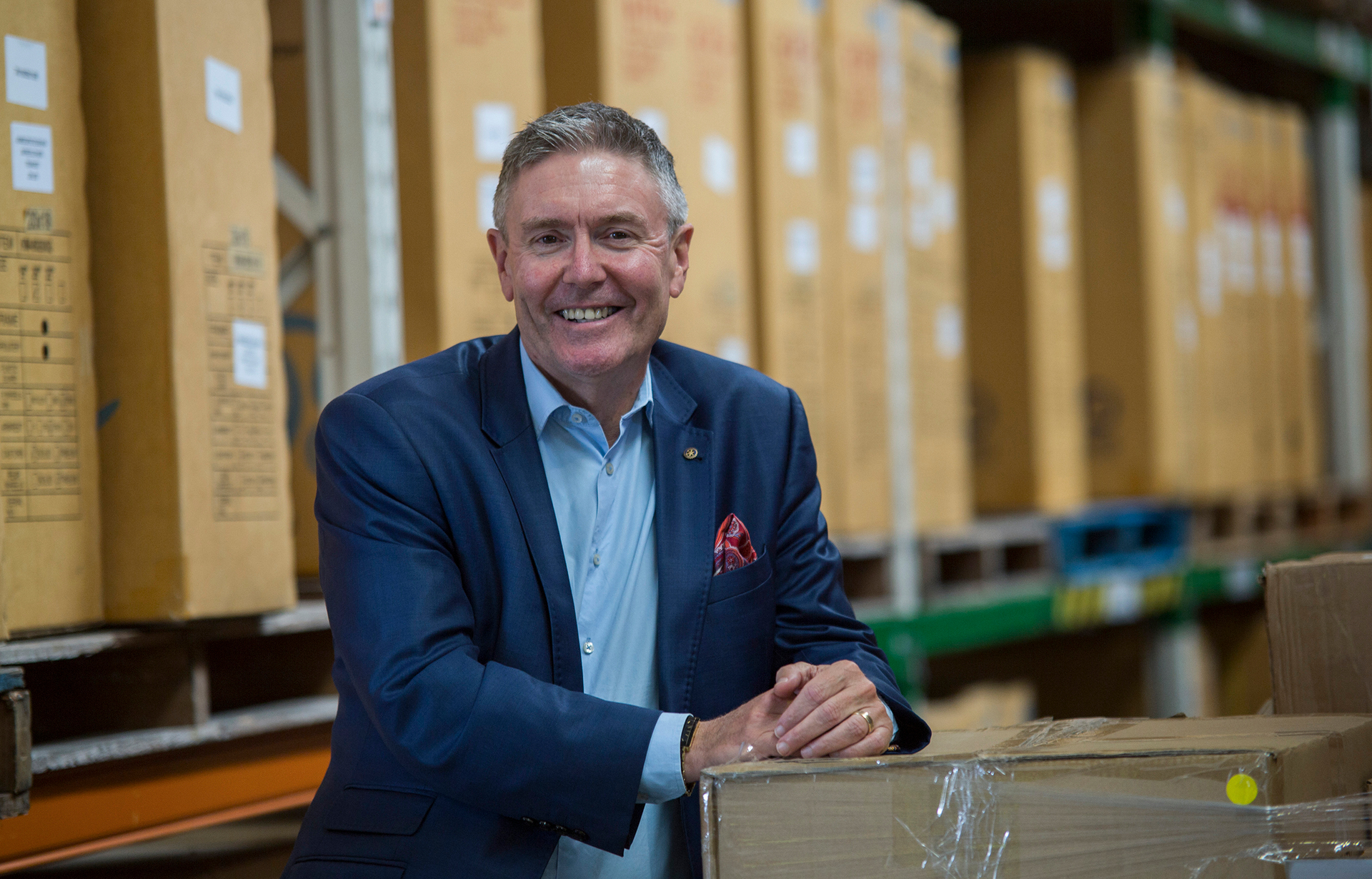
An OECD report has urged New Zealand to take immediate steps towards improving its economy and education outcomes, but sector experts believe they hold some answers to getting the country back on track.
The bi-annual report reflected on the lack of economic growth within New Zealand over the past two years, the country's lack of control over inflation and the slipped standards in education and productivity.
The report made for a "sobering read" according to Newstalk ZB host Mike Hosking, who asked the Employers and Manufacturers Association's Brett O'Riley when the pain would end and who would end it.
O'Riley said it was disappointing New Zealand was in such an economic mess, but claimed simple steps could be taken to improve the picture.
The first, according to O'Riley, was around bringing capital into the economy.
"We know that productivity, profitability and higher wages are linked to capital investment, so the OECD talked briefly about our need to attract more FDI [foreign direct investment]."
O'Riley pointed out that under the John Key Government, the predecessor of the 2017 Labour Government, "when we got the settings right", an influx of new money came into New Zealand and now was behind highly successful companies.
As a result, O'Riley said, the country needed to scrap the English language test, which put off investor migrants from countries like those in Asia and encourage people to invest in the nation's businesses and projects.

"We get inquiries all the time through the EMA and our partner organisations - let's get them in there and get the money into our companies, at a time it's very hard to raise money," said O'Riley.
"It's hard to take on more debt and find capital in New Zealand, yet we know that money is sitting outside of New Zealand wanting to invest here."
The OECD report also considered the country's markets were controlled by too few people and organisations, and Hosking asked O'Riley if the Government would be capable of changing this.
"I think we've seen some encouraging signs," said O'Riley.
"The changes the Government made to building products, and allowing building products certified in trusted countries, is a start. You'll recall the mutual frustration when we wouldn't allow RAT tests into New Zealand during Covid because they hadn't been certified by New Zealand.
"So let's get real and accept other countries like Australia, the US and UK have good testing systems, they're far happier to use products of various sectors, let's get them into New Zealand."
According to economist Cameron Bagrie, the report showed New Zealand had enjoyed its economic party and "now we're having a bit of a hangover".
He said getting rid of inflation meant dishing out economic pain and this would be reflected in unemployment rising. But he also observed that bigger alarm bells were ringing in the area of education standards.

The report linked education outcomes of the past decade and what it meant for productivity within New Zealand going forward, and low education outcomes would take a hit to the country's productive workforce.
Bagrie agreed that even though the Government was now addressing education standards through policies such as structured literacy learning, it would take years to improve.
"And it's not just education - it's infrastructure, we've run down the quality of New Zealand's infrastructure. The Reserve Bank and Treasury have both come out with the stark admission over the past three months that what they call the productive capacity of the New Zealand economy - that's how fast we can grow year by year - is a lot lower than what we thought.
"That's just a fancy way of saying we're poorer, not wealthier."
Bagrie also believed that if New Zealand wanted to get serious about lifting productivity, it wouldn't just come down to education and infrastructure but also boosting the nation's competitive markets.
The OECD stated in the report that taking a more aggressive approach towards improving competition between businesses in some sectors would bolster the country’s waning productivity growth.
“Large firms in New Zealand often face weaker pressures to innovate, seek efficiencies, and provide better services and lower prices to consumers,” the OECD said.
“In some sectors, market concentration can be so high that regulation will not suffice to improve competition enough, and structural solutions such as break-ups (although as a measure of last resort) could be warranted."
Bagrie agreed and said the way New Zealand approaches market competition needs to change.
"The OECD rightly corrects that we've got an awful lot of concentration - there's market power being exercised in some parts of the economy," he told Hosking.
"At the moment we've got what's a bit of a light-handed style arrangement where we go to the regulatory framing;, what the OECD put on the table is, we might have to be a little more aggressive going forward."
In this case, Bagrie said, it would involve factors such as the country's supermarkets, retail fuel prices and the dairy sectors.
"It's the who's who of firms across New Zealand who are earning a bit of market power. Once again, if we want to get a bit of productivity into the equation there's no better way than driving more competition."
Prime Minister, Christopher Luxon told Hosking this morning the Government didn't agree with certain aspects of the report, such as capital gains tax.
"We ain't doing that," he remarked.
However, Luxon said his government aligned neatly with all the areas the report urged the country to focus its attention on.
"World-class education system, more competition, deregulation, get rid of the red tape - all that sort of stuff, certainly international connection, science and infrastructure, all the five things we're focused on to grow the economy," he said.
Hosking asked about the prospects of international investment and New Zealand's highly restrictive rules preventing investment from increasing. Luxon said there was lots of work to be done.
He noted that the country was second worst in the world at attracting foreign investment, but the area the Government was focusing on most to improve this was around fast-tracking resource consents.
"That's been one of the challenges, which is, from outside they've got other countries to be investing in. I look at New Zealand, it's really hard to get stuff done because of planning laws so that's a good starting point for us."
Take your Radio, Podcasts and Music with you









